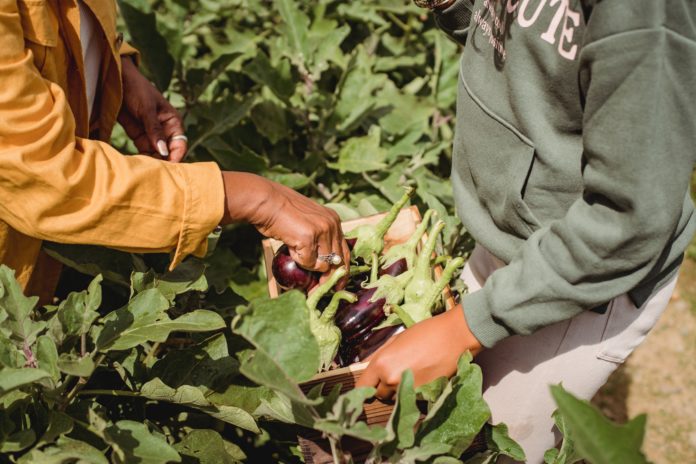Organic food: Other considerations
Many factors influence the decision to choose organic food. Some people choose organic food because they prefer the taste. Yet others opt for organic because of concerns such as:
- Pesticides. Conventional growers use synthetic pesticides to protect their crops from molds, insects and diseases. When farmers spray pesticides, this can leave residue on produce. Organic farmers use insect traps, careful crop selection (disease-resistant varieties), predator insects or beneficial microorganisms instead to control crop-damaging pests. Some people buy organic food to limit their exposure to these residues. Organic produce typically carries significantly fewer pesticide residues than does conventional produce. However, residues on most products — both organic and nonorganic — don’t exceed government safety thresholds.

- Food additives. Organic regulations ban or severely restrict the use of food additives, processing aids (substances used during processing, but not added directly to food) and fortifying agents commonly used in nonorganic foods, including preservatives, artificial sweeteners, colorings and flavorings, and monosodium glutamate.
- Environment. Some people buy organic food for environmental reasons. Organic farming practices are designed to benefit the environment by reducing pollution and conserving water and soil quality.
Are there downsides to buying organic?
One common concern with organic food is cost. Organic foods typically cost more than do their conventional counterparts. Higher prices are due, in part, to more-expensive farming practices.
Because organic fruits and vegetables aren’t treated with waxes or preservatives, they may spoil faster. Also, some organic produce may look less than perfect — odd shapes, varying colors or smaller sizes. However, organic foods must meet the same quality and safety standards as those of conventional foods.

Food safety tips
Whether you go totally organic or opt to mix conventional and organic foods, be sure to keep these tips in mind:
- Select a variety of foods from a variety of sources. This will give you a better mix of nutrients and reduce your likelihood of exposure to a single pesticide.
- Buy fruits and vegetables in season when possible. To get the freshest produce, ask your grocer what day new produce arrives. Or buy food from your local farmers market.
- Read food labels carefully. Just because a product says it’s organic or contains organic ingredients doesn’t necessarily mean it’s a healthier alternative. Some organic products may still be high in sugar, salt, jj or calories.
- Wash and scrub fresh fruits and vegetables thoroughly under running water. Washing helps remove dirt, bacteria and traces of chemicals from the surface of fruits and vegetables. Not all pesticide residues can be removed by washing, though. You can also peel fruits and vegetables, but peeling can mean losing some fiber and nutrients.
© Copyright – Hector Sectzer

















